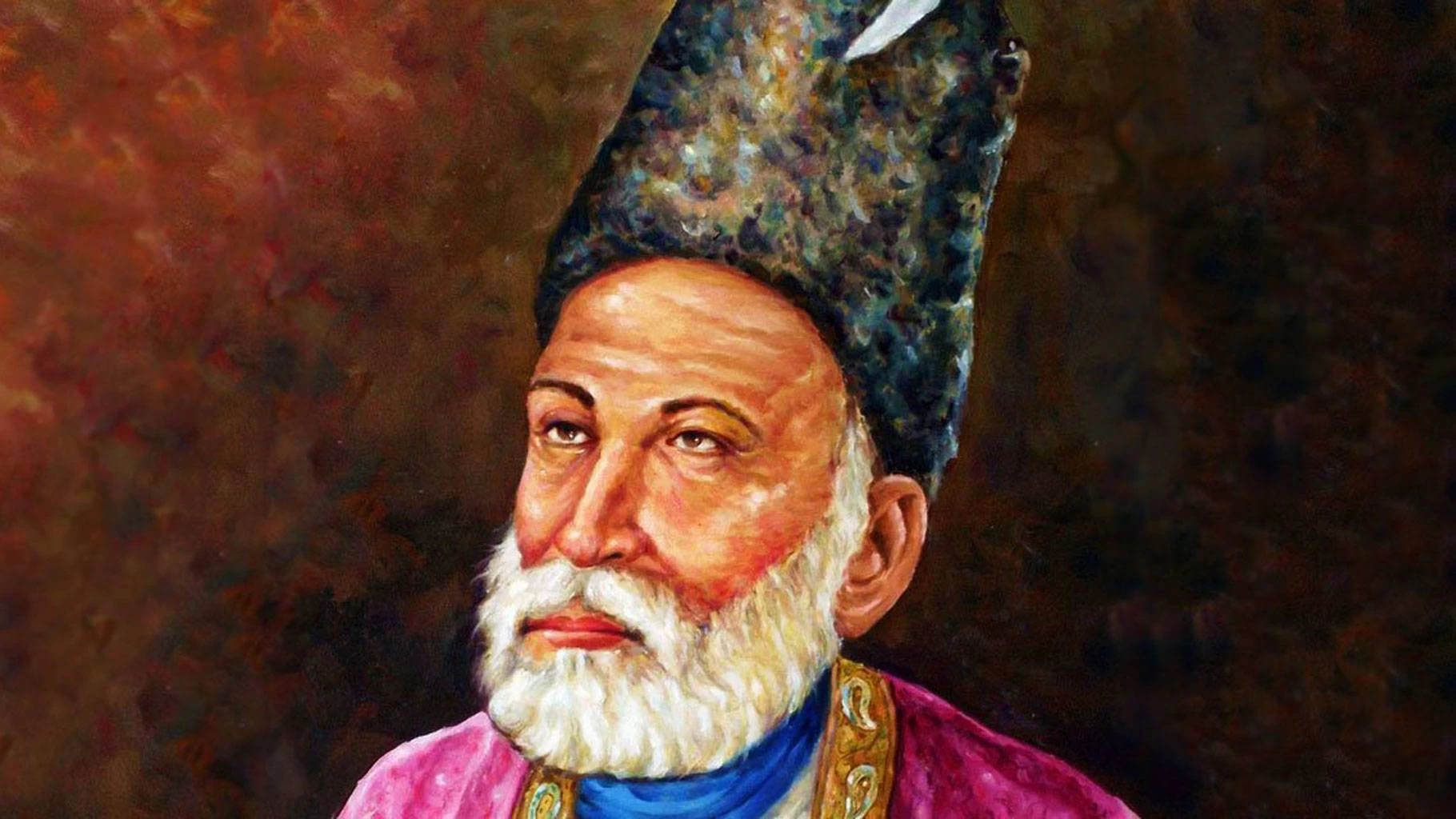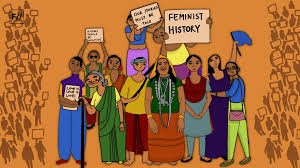Sana Javaid
Mirza Ghalib was a remarkable poet who lived in the 19th century in India during the turbulent times of the Mughal Empire and the British Raj. He is widely regarded as one of the greatest poets of Urdu and Persian languages, and his influence on the literature and culture of South Asia is immense. His personality, however, was complex and contradictory as he struggled with various personal and social challenges throughout his life.
Some of the aspects of his personality that can be inferred from his poetry, letters, and biographies are:
- He was a highly intelligent and learned person who had a keen interest in philosophy, religion, history, and science. He was well-versed in various branches of knowledge, such as logic, astronomy, mathematics, medicine, and law. He was also fluent in several languages, such as Arabic, Turkish, Sanskrit, and Hindi. He had a sharp wit and a sense of humour, which he often used to mock the hypocrisy and ignorance of his contemporaries.
- He was a rebellious and unconventional person who challenged the norms and traditions of his society. He was critical of the orthodox religious views and practices of his time and expressed his own doubts and questions about faith and morality. He was also defiant of the political authority and oppression of the British colonial rule and supported the Indian Rebellion of 1857. He was fond of wine and gambling, which were considered sinful by many. He also had a liberal attitude towards love and sexuality, which he celebrated in his poetry 56.
- He was a sensitive and emotional person who suffered from many tragedies and hardships in his life. He lost his father at a young age and was raised by his uncle. He married at the age of thirteen, but none of his seven children survived beyond infancy. He faced financial difficulties throughout his life and depended on the patronage of the Mughal court and other nobles. He also endured the pain of separation from his beloved ones, such as his friends and lovers. He expressed his grief and loneliness in his poetry with poignant imagery and metaphors.
His poetry is considered to be a masterpiece of literature, as it showcases his artistic genius and originality. Some of the literary merits and demerits of his poetry are:
- His poetry is rich in vocabulary and imagery, as he used words from various languages and sources to create novel expressions and associations. He also employed various figures of speech, such as similes, metaphors, allusions, puns, paradoxes, irony, sarcasm, etc., to convey his thoughts and feelings with subtlety and elegance.
- His poetry is diverse in form and content, as he experimented with different genres and themes. He wrote ghazals (lyrical poems), qasidas (panegyrics), rubais (quatrains), qitas (short poems), marsiyas (elegies), etc., on topics such as love, beauty, sorrow, death, faith, doubt, freedom, justice, etc. He also wrote prose pieces, such as letters and diaries .
- His poetry is profound in meaning and message, as he explores the various aspects of human existence and experience. He reflected on the nature of reality and truth, the role of reason and intuition, the relationship between self and other, the conflict between desire and destiny, the value of life and death . He also expressed his personal opinions and perspectives on various issues of his time .
- His poetry is also flawed in some respects, as he sometimes indulges in self-praise and exaggeration. He often boasted about his poetic skills and achievements . He also sometimes used obscure or ambiguous words or references that made his poetry difficult to understand or appreciate .
His poetry has an aesthetic appeal that transcends time and space. Some of the reasons why his poetry is still popular even in the 21st century are:
- His poetry is universal in its appeal to human emotions and sentiments. His poetry touches upon the common themes that resonate with people across cultures and generations. His poetry expresses the joys and sorrows that everyone can relate to.
- His poetry is adaptable to different media and modes of expression. His poetry can be recited or sung with various musical instruments or styles. His poetry can also be translated or interpreted in different languages or forms.
- His poetry is inspirational for other poets and writers. His poetry has influenced many other poets who have followed him or admired him. His poetry has also inspired many creative works, such as novels, films, plays, etc., that have been based on his life or works.
Lastly, he is the beacon of Urdu poetry. His poetry’s themes, images, aesthetics and diction are remarkable in style and appeal. He will remain an inspiration for Urdu poets of all ages.
















